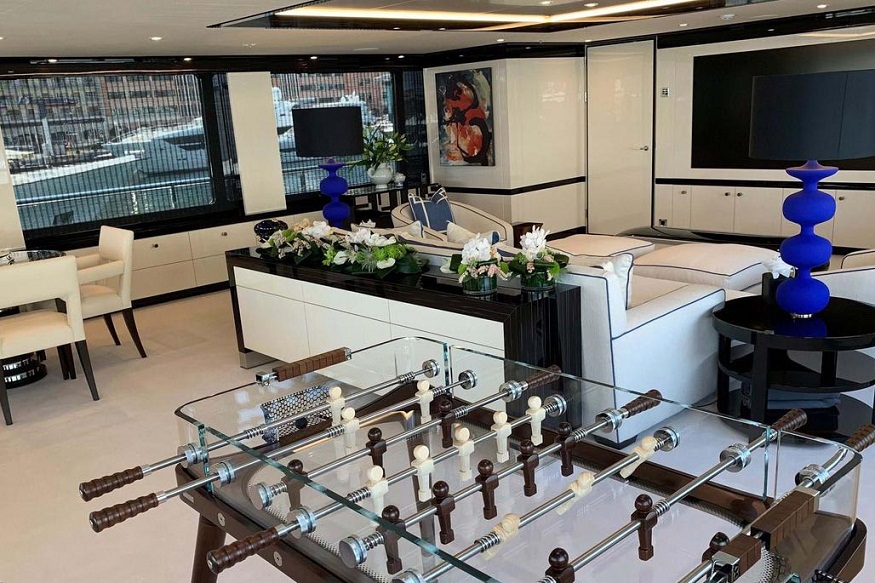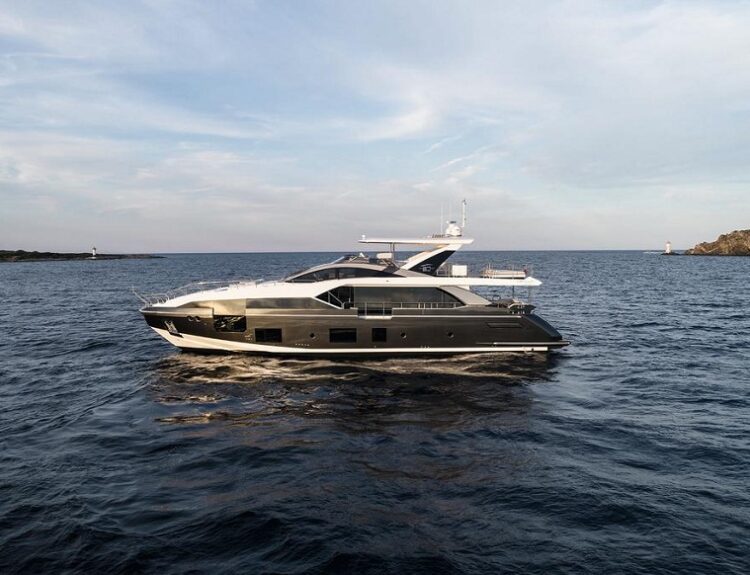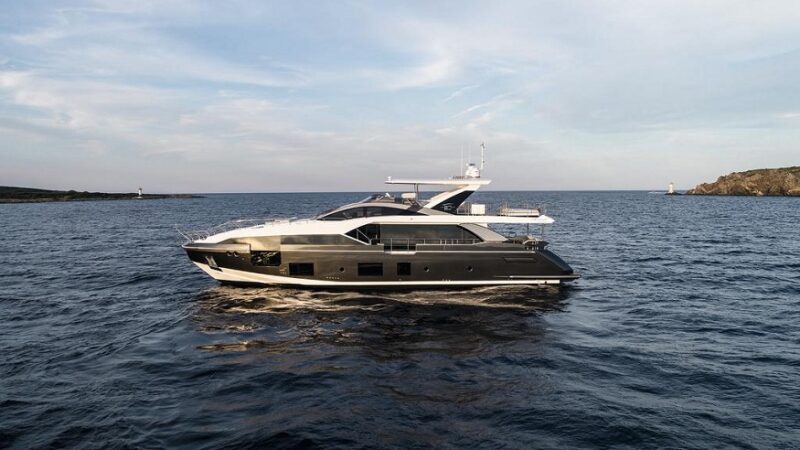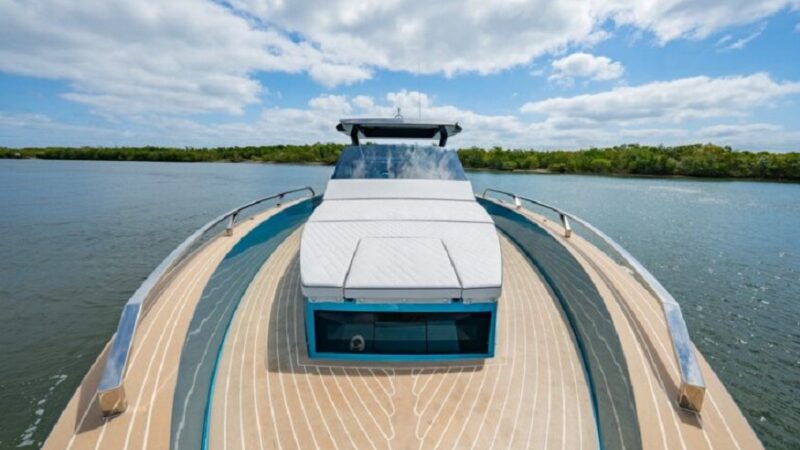The financial aspect of an interior yacht refit can be daunting. Without a well-defined budget and meticulous cost management, the project can quickly spiral out of control, leaving the owner with a significant financial headache. This is where the expertise of an interior yacht refit manager becomes invaluable. They bring a wealth of experience and knowledge to the table, helping owners navigate the complexities of budgeting and ensuring that the refit is completed within the allocated funds.
The budgeting process begins with a thorough assessment of the scope of the refit. This involves a detailed analysis of the existing interior, identifying the specific areas that require attention, and determining the extent of the work involved. The refit manager will work closely with the owner to understand their priorities and preferences, ensuring that the budget reflects their vision for the yacht.
Once the scope is defined, the refit manager will develop a detailed cost breakdown. This will include estimates for materials, labor, design fees, permits, and any other associated expenses. Accurate cost estimation is crucial, and the manager will leverage their industry connections and experience to ensure that the budget is realistic and achievable. They will also factor in a contingency fund to account for unforeseen expenses or changes in the scope of work.
One of the key challenges in budgeting for a yacht refit is the fluctuating cost of materials. Luxury yachts often require high-end, specialized materials, and prices can vary significantly depending on availability, supplier, and currency exchange rates. The interior yacht refit manager will use their expertise to source materials at the best possible prices, negotiating with suppliers and leveraging their industry connections to secure favorable deals.
Effective cost control is an ongoing process throughout the refit. The manager will regularly monitor expenses, track them against the budget, and provide the owner with regular updates on spending. If any cost overruns are anticipated, the manager will proactively communicate with the owner, explain the reasons for the increase, and propose solutions to mitigate the impact. Transparency is paramount, and the owner should be kept informed of any financial implications throughout the project.
Beyond cost control, the interior yacht refit manager also plays a crucial role in value engineering. This involves identifying potential cost savings without compromising on the quality of the refit. For example, the manager may suggest alternative materials that offer similar aesthetic appeal and performance at a lower cost, or they may recommend optimizing the design to reduce material waste. By carefully analyzing the project and exploring different options, the refit manager can help the owner maximize their budget and achieve the desired outcome without breaking the bank. Proper budget management, therefore, is not just about controlling costs; it’s about optimizing value and ensuring that the owner receives the best possible return on their investment.










